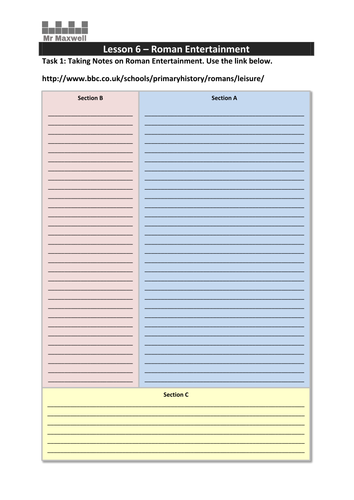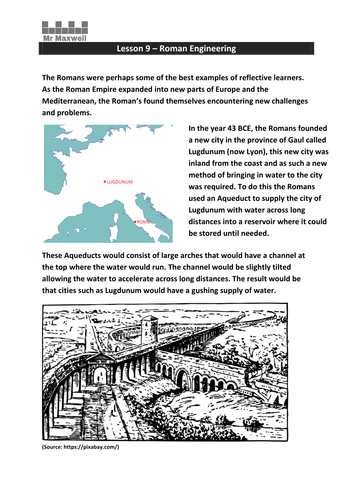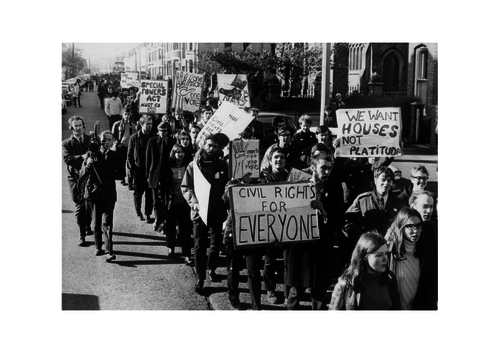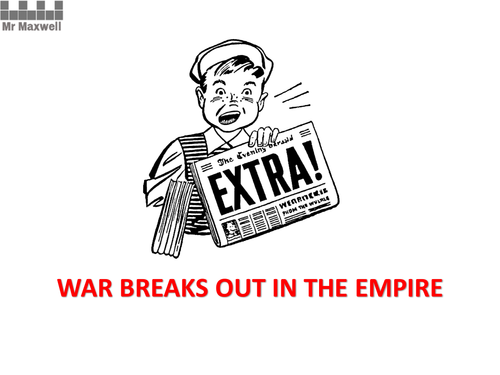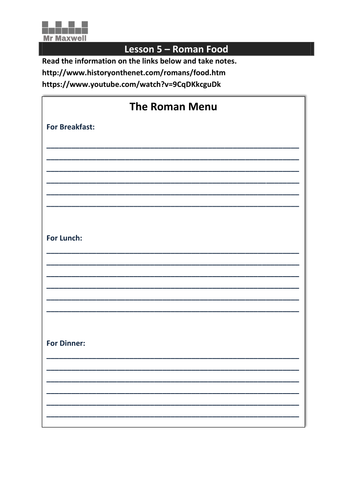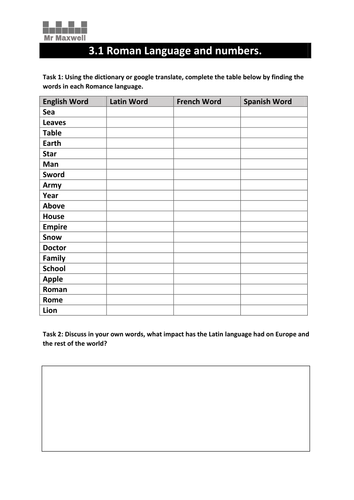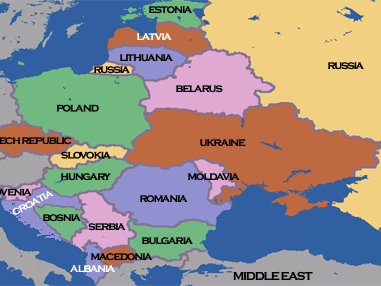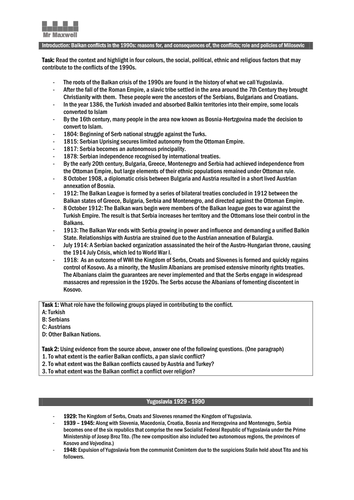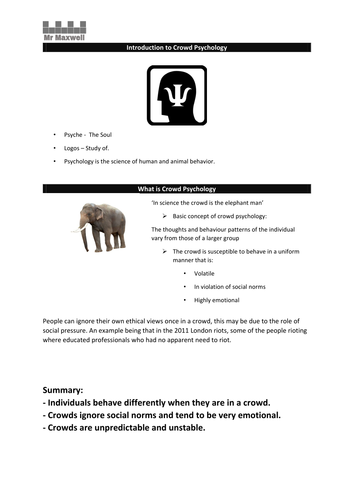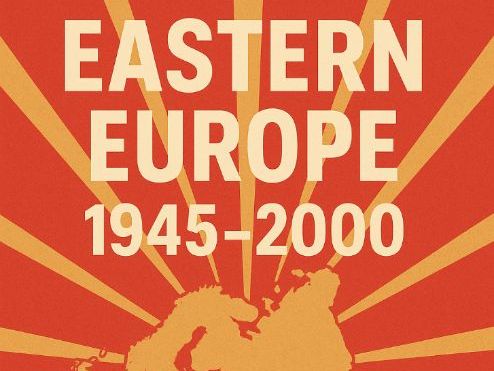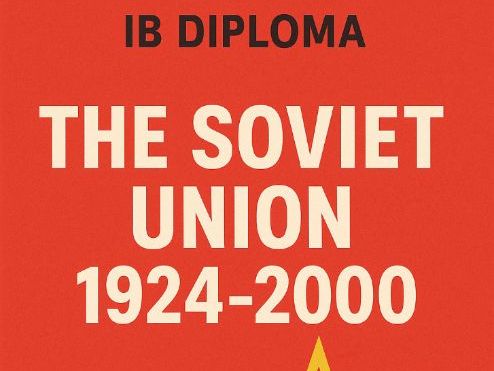Maxwell's Shop
I am a passionate UK trained teacher of History, Religion and Citizenship. I am heavily influenced by the International Baccalaureate Programme as well as the notion of Social Constructivism. I tend to create resources that require the use of IT. I am to create resources that are enjoyable for the students and require critical thinking skills.


